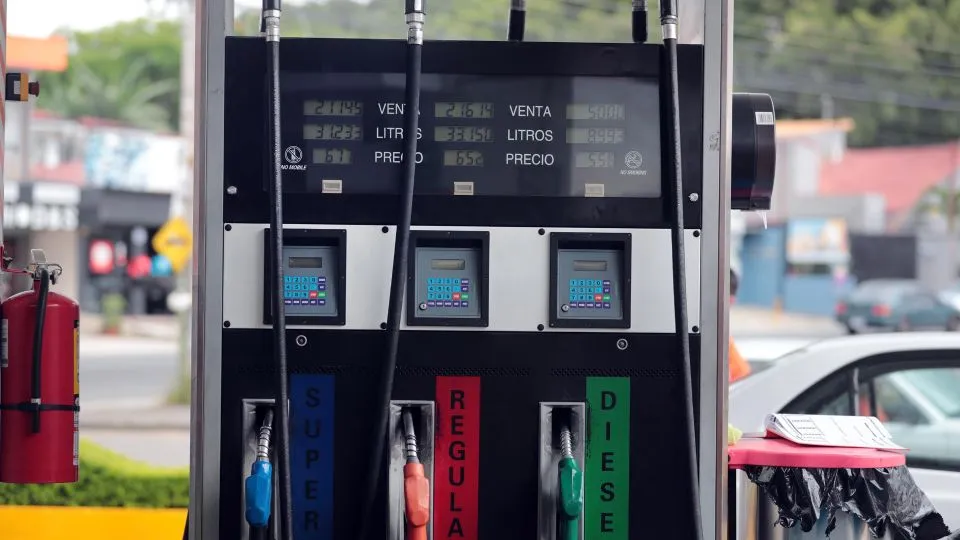Rodrigo Chaves Government’s Tenth Attempt at Reducing Emissions
The government of Rodrigo Chaves is making its tenth attempt to introduce diluted gasoline in Costa Rica, with the goal of mitigating climate change-causing emissions.
Previous Attempts: Challenges and Criticisms
The last attempt to offer diluted gasoline took place during the government of Carlos Alvarado Quesada. However, this plan was short-lived due to concerns about potential damage to vehicle engines, increased gasoline spending, and insufficient disclosure of related studies. Another notable attempt occurred in February 2006 when Recope tested gasoline with ethanol in Puntarenas and Guanacaste for a year, sparking outrage from vehicle owners who worried about the impact on their engines.
Current Proposal: Ethanol from Corn or Sugar Cane
Under the current plan, an additive produced from corn or sugar cane will be incorporated into the fuel to help lower annual emissions associated with global warming.
Potential Emissions Reduction: Recope’s Analysis
Recope conducted an analysis that revealed significant potential for emissions reduction if ethanol had been added to super gasoline between 2013 and 2021. According to their findings, adding 10% of corn-derived ethanol would have resulted in a reduction of 72,900 equivalent metric tons of carbon dioxide per year. If the ethanol had been produced from sugar cane, the figure would have been even higher, at 128,000 equivalent metric tons of carbon dioxide.
As Costa Rica continues its efforts to combat climate change, the introduction of diluted gasoline with corn or sugar cane-derived ethanol presents a promising opportunity to reduce harmful emissions. However, addressing concerns about engine damage and increased fuel spending will be crucial for the successful implementation of this initiative.

